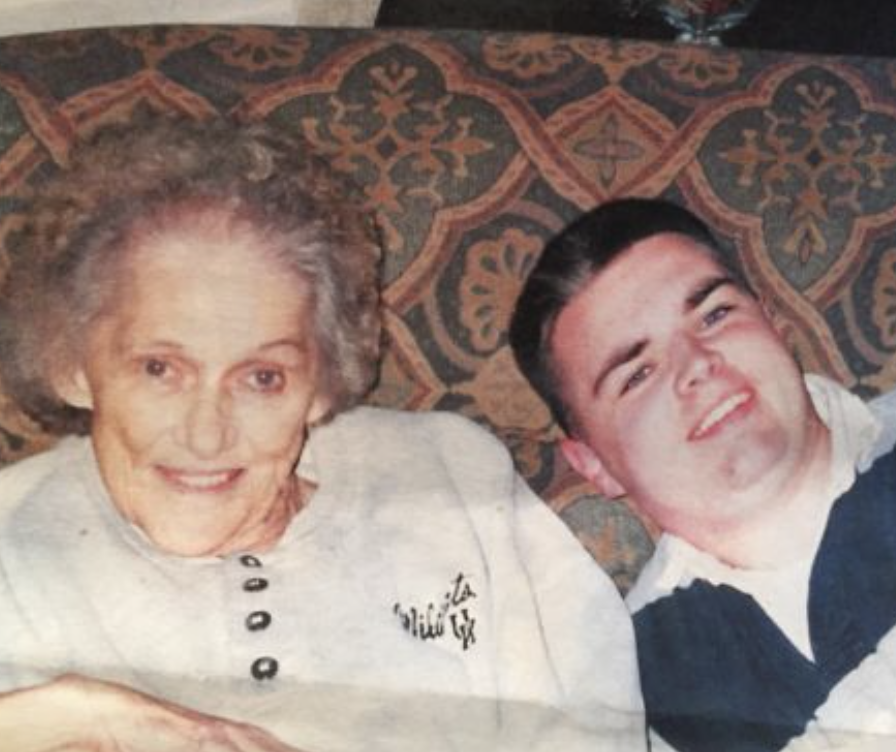Not only did Pope Leo XIII collapse to the floor after celebrating Mass, but doctors couldn't find a pulse.
A priest who witnessed this 1886 drama testified: "His expression was one of horror and awe; the color and look on his face changing rapidly." When the pope regained consciousness, he described a hellish vision of Satan's plans to conquer the church.
In response, Pope Leo XIII wrote this prayer: "Saint Michael the Archangel, defend us in battle. Be our defense against the wickedness and snares of the Devil. May God rebuke him, we humbly pray, and do thou, O Prince of the heavenly host, by the power of God, cast into hell Satan, and all evil spirits, who prowl about the world seeking the ruin of souls. Amen."
For decades, Catholics recited this prayer after Mass, a practice continued by some Catholics and opposed by others. Thus, former President Donald Trump triggered debates by posting this prayer on social-media platforms on Sunday, September 29, the Catholic feast day of the archangels.
"Unless you're totally cynical and you think Trump was trying to appeal to the Catholic crowd before an election, you'd have to assume this had something to do with him coming millimeters from being killed by that bullet," said historian Paul Kengor of Grove City College, about 25 miles from Butler, Pennsylvania, the site of the July 13 assassination attempt.
"It's logical to ask how coming that close to death affects a man," stressed Kengor, whose book "God and Ronald Reagan" discussed the impact of Reagan's near death after a 1981 shooting. "Donald Trump has been a major figure in American life for years, and the public knows a lot about him. Will we see changes in his personality and his behavior, maybe even his faith?"
Trump has clearly, and repeatedly, said that he believes God spared his life.




